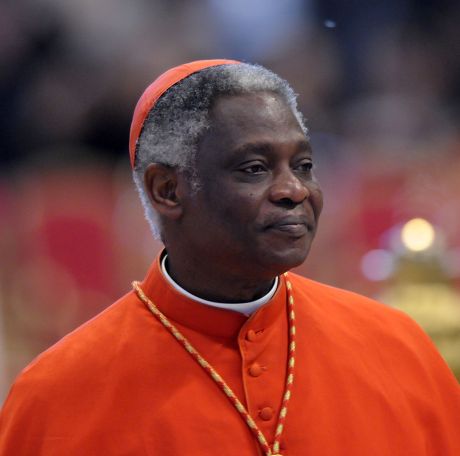

His Eminence Cardinal Peter Kodwo Appiah Turkson, Chancellor of the Pontifical Academy of Sciences and the Pontifical Academy of Social Sciences at the Vatican, has urged prophets and members of the clergy to pray and seek divine intervention before announcing prophecies—especially those foretelling disasters or tragedies.
Cardinal Turkson’s counsel comes in the wake of a new directive from the Presidential Envoy for the Interfaith and Ecumenical Relations Office, Elvis Afriyie Ankrah. The directive instructs that any prophecy or spiritual revelation involving high-profile political leaders, matters of governance, national security, or public stability should first be submitted to the office for urgent evaluation before being made public.
The move was prompted by a wave of viral social media videos following the August 6 helicopter crash that killed eight people, including two cabinet ministers, sparking a surge in speculative and alarming prophecies. The directive, issued on Sunday, August 10, seeks to prevent the spread of potentially destabilising statements in moments of national grief or crisis.
Speaking to Citi News on Wednesday, August 13, Cardinal Turkson shared his perspective on the responsible handling of prophetic revelations. He was addressing journalists at a press briefing ahead of the August 22 inauguration of the John Kofi Turkson Memorial Institute in Ghana’s Central Region—an educational centre named after his late brother, who died in the 2000 Kenya Airways Flight 431 crash off the coast of Abidjan.
The Cardinal emphasised that the role of a prophet is not merely to foretell, but also to stand in the gap for those in danger.
“If a prophecy reveals the possibility of disaster, your first responsibility should be to intercede with God before announcing it,” he said. “When God told Abraham about His plan to destroy Sodom and Gomorrah, Abraham pleaded for mercy. In the same way, if God reveals such knowledge to you, pray first and ask for His intervention.”
Cardinal Turkson also cautioned against the misuse of prophecy as a means of asserting spiritual authority or influence, warning that determining a prophet’s credibility is both complex and subjective.
“People often advise others to listen only to credible prophets—but who defines credibility, and by what standards? These are questions that remain unanswered. Regardless, if a prophecy is given to you, consider its content carefully. If it calls for intervention, take that step before communicating it to the public,” he added.
The Vatican official’s remarks add to the growing national conversation on the regulation of public prophecies in Ghana—a debate that touches on freedom of religious expression, public safety, and the moral responsibility of spiritual leaders in times of crisis.
































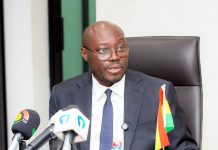
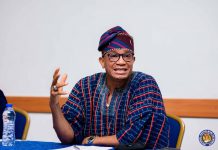
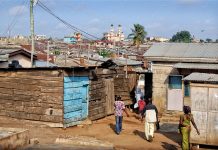



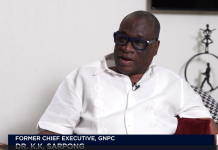

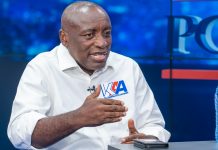














![[FREE FREE MONEY] Predict and Win a Guaranteed GH¢200 From Us EVERY WEEK](https://wordpress.ghanatalksradio.com/wp-content/uploads/2022/02/Predict-and-Win-Final-09-03-2021-218x150.jpg)
![[Predict & Win – 8th/Oct.] WIN A Guaranteed ¢200 From Us This Week](https://wordpress.ghanatalksradio.com/wp-content/uploads/2021/10/maxresdefault-16-218x150.jpg)
![[Predict & Win – 2nd] WIN A Guaranteed ¢200 From Us This Week](https://wordpress.ghanatalksradio.com/wp-content/uploads/2021/09/maxresdefault-50-218x150.jpg)
![[Predict & Win – 25th] WIN A Guaranteed ¢200 From Us This Week](https://wordpress.ghanatalksradio.com/wp-content/uploads/2021/09/maxresdefault-36-218x150.jpg)
![[Predict & Win – 18th] WIN A Guaranteed ¢200 From Us This Week](https://wordpress.ghanatalksradio.com/wp-content/uploads/2021/09/maxresdefault-23-218x150.jpg)

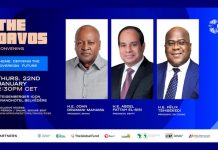

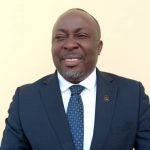
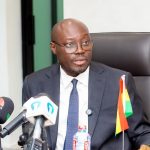





![[National cathedral] See full list of churches that have contributed since 2018](https://wordpress.ghanatalksradio.com/wp-content/uploads/2020/09/Ghana-National-Cathedral-GhanaTalksRadio-100x70.jpg)